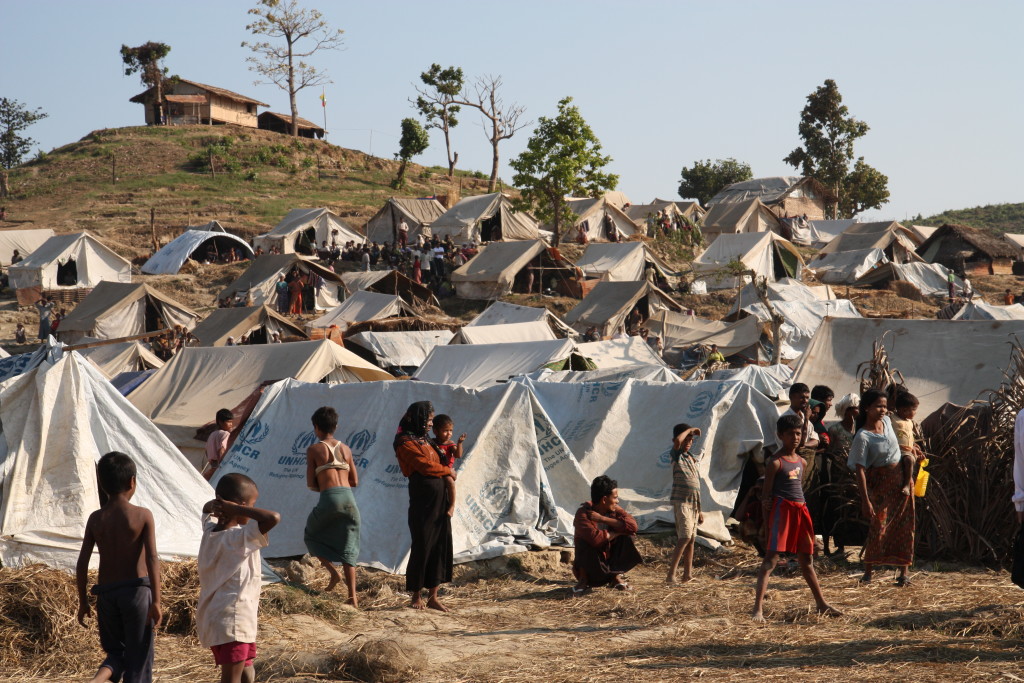WASHINGTON – Conflict and poverty are key factors in the emergence of disease worldwide according to Dr. Peter Hotez, who is President Barack Obama’s appointed science envoy focused on global health and vaccine development.
Hotez is one of four presidentially appointed scientists tasked with taking on a major scientific challenge on behalf of the United States.
“The forces of poverty and conflict are driving the emergence of disease,” said Hotez in a recent interview. He is finishing a book on the topic and has focused much of his work on the issue in his role as dean of the National School of Tropical Medicine at Baylor College in Houston and as the President of the Sabine Vaccine Institute in Washington.
He looks back and various instances of pandemics and disease outbreaks and points to either poverty or conflict – or often both – as the root cause for the impact on human life.
“One of the reasons Ebola came out of West Africa…was that those countries had emerged out of 10 years of devastating conflict with a complete breakdown in public health infrastructure, human migrations, deforestation,” said Hotez. All those forces combine to create the perfect storm that allowed Ebola to flourish. This is not new. This has been a recurring theme that we have seen since the 1970s.”
He believes the next Ebola will be the diseases coming out of areas occupied by ISIS. The Middle East and North Africa will be the next big wave of catastrophic epidemics “and it would be nice if we could be proactive about it for once,” said Hotez.
He went on to describe that there is a critical failure in the pathway toward vaccine development. The institutions that are responsible for strategic preparations are lacking the ability to make products. For instance, the Ebola vaccine was sitting with completed science for more than 10 years but with no manufacturer until it was too late said Hotez.
“That really was a terrible failure.”
Though the community still has a long, said Hotez, they are now working with the Saudis and the Malaysians to build vaccine infrastructure through public-private partnerships.
The refugee camps for those fleeing ISIS have become a hot bed of Leishmaniasis, a parasitic disease that causes scarring skin ulcers and can be fatal, said Hotez. The disease is transmitted through a bite from a sand fly and with the hastily set up refugee camps, piles of trash have made a home for the insects.
“There has been an explosion in cases coming out of the conflict zones,” he said.
The WHO Eastern Mediterranean Regional Office, based out of Cairo, is responsible for surveillance in the camps receiving refugees from the ISIS areas. The problem is they only get a glimpse of what is spilling out of the conflict zones and coming across the borders, said Hotez.
There have been more than 100,000 new cases of Leishmaniasis in the last 18 months and the locals call it “lepo evil,” said Hotez.
He said that the major driving force in disease is human behavior.
“Everyone is focusing on climate change right now but I think it’s actually social forces that are far more important,” said Hotez.






